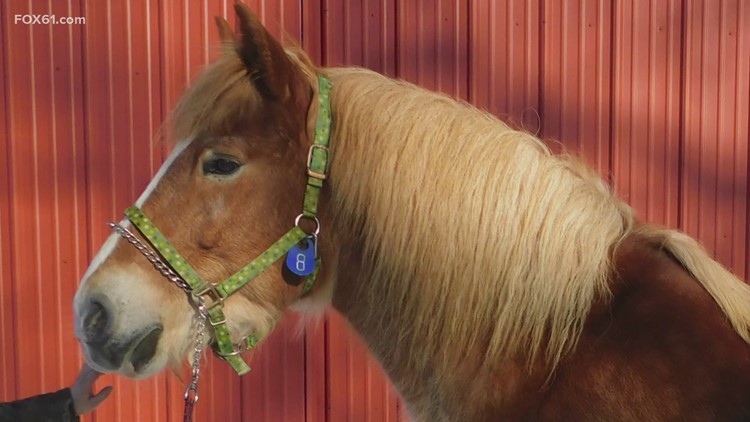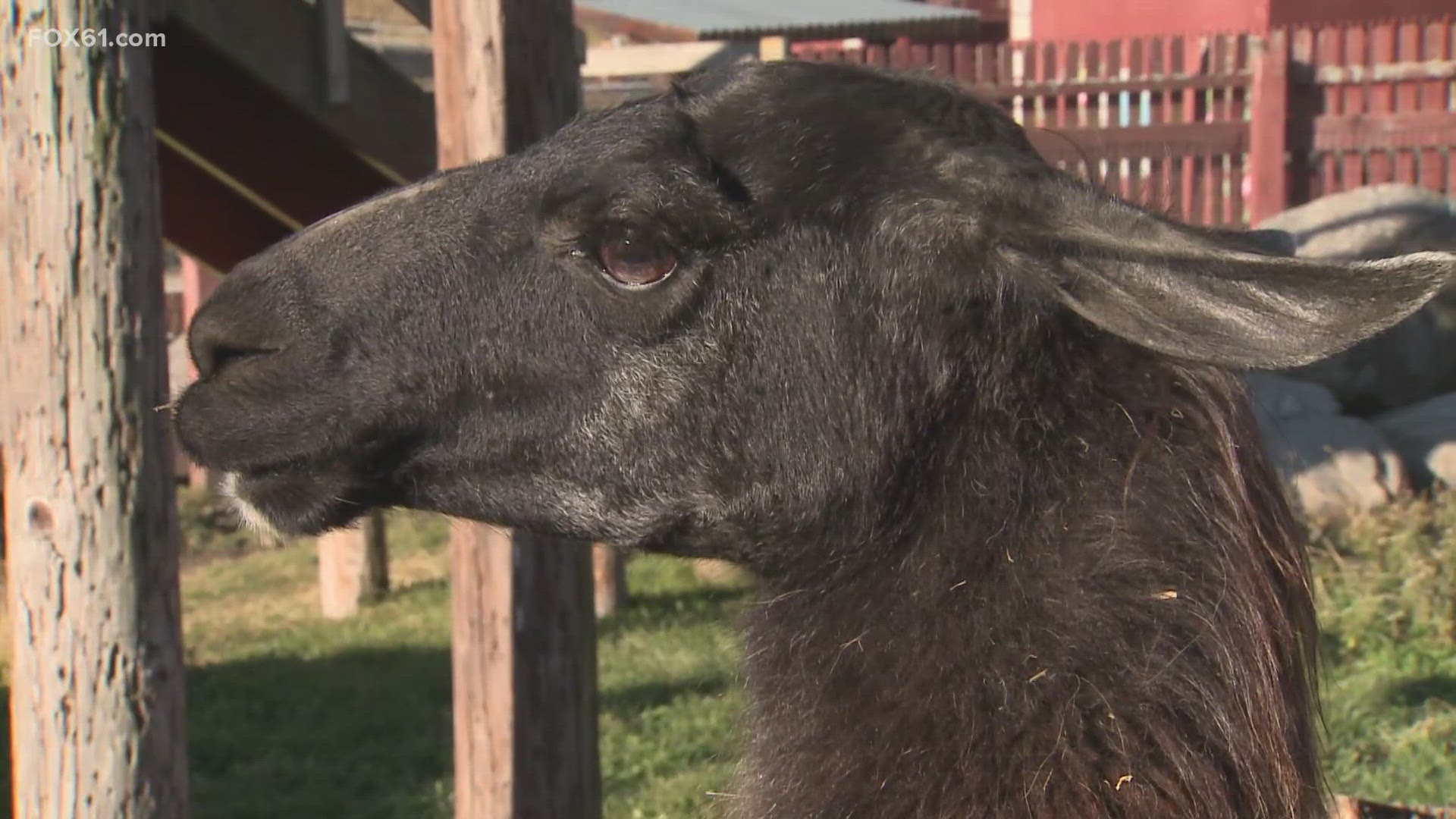HARTFORD, Conn. — After mosquitoes have tested positive for West Nile Virus in eight Connecticut towns this year, the state’s Department of Agriculture encourages horse owners to protect their animals against mosquito-borne diseases that also include eastern equine encephalitis, or EEE.
In a release on Friday, CT DoAg echoed an announcement on Thursday by the state’s Mosquito Management Program warning of an increased risk of infection by West Nile Virus. This year, the Connecticut Agricultural Experiment Station has detected West Nile Virus-infected mosquitos in Bridgeport, Darien, Greenwich, New Canaan, New Haven, Norwalk, Stamford and Wethersfield.
Fortunately, no human or horse cases of West Nile Virus have been reported thus far this season, according to the release.
“The hot, humid weather we have been experiencing is ideal for mosquitoes, and it’s important that we take action to protect ourselves and the animals we care for,” Agriculture Commissioner Bryan P. Hurlburt said in the release. “We encourage all horse owners to implement mosquito controls and work with their veterinarian to ensure their animals are current on vaccines to safeguard their health this season.”
West Nile Virus and EEE are both mosquito-borne diseases that can affect horses, birds and humans. Horses are the domestic animals most susceptible to infection from West Nile Virus or EEE, the release said.
The viruses can’t spread by horse-to-horse or horse-to-human contact, as they are viral diseases transmitted through mosquito bites. CT DoAg said the risk for mosquito-borne diseases continues until the first hard freeze ends mosquito activity.
In the release, CT DoAg recommends that horse owners implement the following steps to protect their animals.
Annual vaccination is encouraged, especially in high-risk areas. Horse owners should consult with their veterinarians to determine if boosters are necessary twice a year. Additionally, give vaccinations at least one month prior to mosquito season to develop protective immunity.
CT DoAg also said horse owners should remove sources of standing water to eliminate mosquito breeding grounds, place fans inside where horses rest, clean and refill water troughs regularly, dispose of standing water and apply horse-approved mosquito repellent while following all label directions and safety precautions.
“If your horse is showing neurologic signs, i.e., hyperexcitability, tremors, convulsions, paralysis, head tilt, head pressing, incoordination drowsiness, recumbency, colic or death, it’s important to call a veterinarian to determine a diagnosis and treatment,” the release said.
If you believe your horse has West Nile Virus or EEE, contact your veterinarian immediately. The diseases can be reported to the State Veterinarian at 860-713-2505.
----
Dalton Zbierski is a digital content producer and writer at FOX61 News. He can be reached at dzbierski@FOX61.com.
----
Do you have a story idea or something on your mind you want to share? We want to hear from you! Email us at newstips@fox61.com.
----
HERE ARE MORE WAYS TO GET FOX61 NEWS
Download the FOX61 News APP
iTunes: Click here to download
Google Play: Click here to download
Stream Live on ROKU: Add the channel from the ROKU store or by searching FOX61.
Steam Live on FIRE TV: Search ‘FOX61’ and click ‘Get’ to download.



